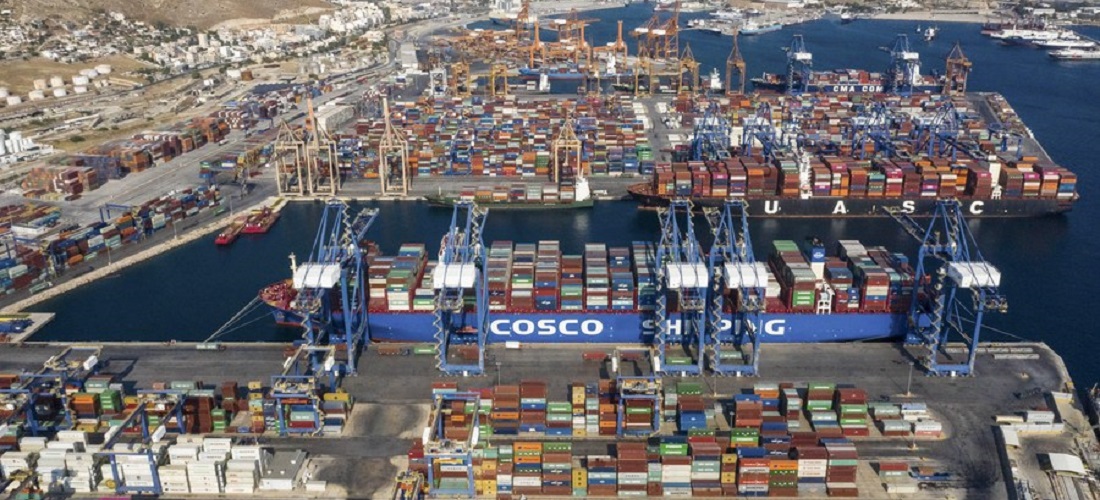
China’s strategic network of global ports
Oct, 20, 2021 Posted by Ruth HollardWeek 202140
The port of Piraeus, in Greece, considered the main gateway for Asian products in Europe, is one of the examples of the expansion of Chinese companies in the global port network.
After the 2008-2009 financial crisis, Greece had to implement reforms and privatizations to pay its debts after receiving a financial bailout by the European Union. That is how a Chinese state giant saw an opportunity to enter the port industry of a country in crisis. The company Cosco acquired 51% of the Port of Piraeus in an agreement that authorized it to increase its stake to 67% five years later. And that’s exactly what happened in early October.
With this operation, Beijing now manages one of the most important ports in the world, located at the junction of Europe, Asia, and Africa.
The same company is in negotiations to acquire a stake in the port of Hamburg (Germany). If implemented, it will be Cosco’s eighth major port investment in Europe.
Another Chinese giant in the sector, the Shanghai International Port Group, has just taken over the Israeli port of Haifa.
These are some of the most recent chapters in a long history of port expansion taking place which, in recent years, has taken place in the context of the so-called Maritime Silk Road, an initiative that is part of a broader plan to invest Chinese capital in surrounding infrastructure works of the world.
To achieve this goal, controlling port concessions at geostrategic points is fundamental, according to analysts consulted by BBC Mundo.
Different estimates show that the Asian giant’s companies currently control around 100 ports in more than 60 countries.
Source: BBC
To read the full original article, visit the link:
-
Ports and Terminals
Feb, 04, 2020
0
Pecém Port receives three giant transformers weighing 106 tons each
-
Ports and Terminals
Sep, 09, 2021
0
MINFRA launches the Future of the Port Sector program to improve public port management
-
Shipping
Apr, 15, 2020
0
ICS, ITF and IATA call for new measures to facilitate exchange of vessel crews
-
Other Logistics
Jul, 19, 2023
0
Bamin starts construction of Fiol Railway and Porto Sul


